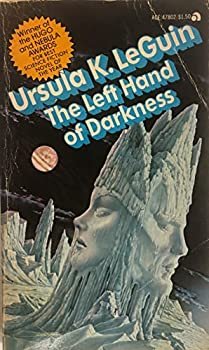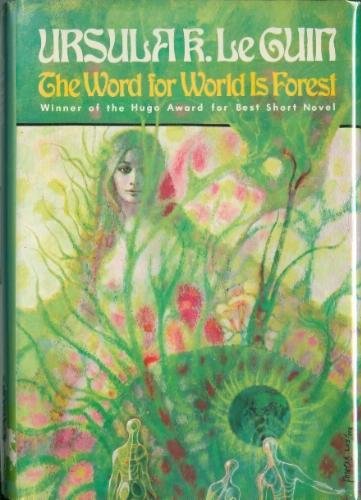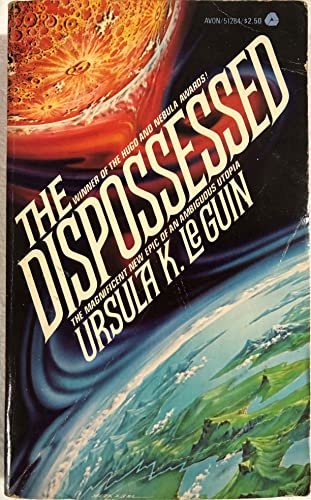Future Teaching Goals
In addition to the introductory-level classes I have taught, I am prepared and excited to teach higher-level playwriting courses, including graduate-level classes. These classes would honor the “wright,” or craftsperson philosophy, introducing aspiring playwrights to the practice of writing plays in a writer’s workshop, where theatremakers write and share pages of complex works each week, with the goal and challenge of completing a full-length draft. My Necessary Art philosophy guides these practical classes, and students are encouraged through exercises to find their passions and connections, and to fully unlock their creative selves.
In addition to the previously-identified practicum, I am excited to lead specialized classes for writers and theatremakers, diving deep into the following:
Theatre
Advanced/Specialized Playwriting Classes
In addition to the introductory-level classes I have taught, I am prepared and excited to teach higher-level playwriting courses, including graduate-level classes. These classes would honor the “wright,” or craftsperson philosophy, introducing aspiring playwrights to the practice of writing plays in a writer’s workshop, where theatremakers write and share pages of complex works each week, with the goal and challenge of completing a full-length draft. My Necessary Art philosophy guides these practical classes, and students are encouraged through exercises to find their passions and connections and to fully unlock their creative selves.
In addition to the above practicum, I am excited to lead specialized classes for young writers and theatremakers, diving deep into the following topics:
Revision best practices / Writing your second draft and beyond
Playwriting in structures beyond the three-act model
Writing “experimental theatre” in the modern era
How to be a playwright in devising and ensemble-creation processes
Playreading Practicum
This class is a once-weekly session where theatre students (preferably in the first or second semester) gather to read and familiarize themselves with modern and classic works, as well as the cold-read/play-reading process. Each week, students read the script aloud via assigned roles, and they are then guided through a feedback session utilizing Liz Lerman’s Critical Response Process to analyze the play, ask questions, and gauge the level of interest in the work.
The class provides a foundation for students’ theatre studies by introducing them to a wide range of important works that they may or may not have read or experienced. This gives them practice in reading plays out loud in a group environment and familiarity with the cold-read process (an invaluable skill often overlooked). It also supports their ability to begin understanding how to collectively discuss and analyze a play from a critical, enthusiastic perspective and provides an opportunity for the theatre department to seed enthusiasm for potential future productions.
Creative Writing/Literature
Creative writing - Speculative Fiction
I have a strong passion for inspiring speculative fiction writers to use the assets of their genres (Science Fiction, Fantasy, Horror, et al.) to craft meaningful, necessary stories. Using the same Necessary Art model I developed for playwrights and theatremakers, I guide writers through a process of learning the value and impact of speculative writing, how they can use it to its best effect, and what it means to write stories that are essential to both their communities and themselves.
Literary Review - BIPOC Speculative Fiction
As aspiring writers who are racialized as people of color gain visibility and interest in the speculative fiction genres, it has never been more important to provide a platform that allows them to see their cultures and communities as an essential part of the genre’s long-term trajectory. This class is an introduction to this work and reviews currently working writers such as Nnedi Okorafor, Ken Liu, and Silvia Moreno-Garcia. It also encourages writers to deconstruct and critique the colonialist definition of speculative fiction. Students are challenged to understand its potential white supremacist, exclusionist origins, and to recognize and expand upon ancestors who paved the way for the modern genres — such as Octavia Butler and Gabriel García Márquez.
Literary Review - The Work of Ursula Le Guinn
Since her death in 2018, more people are coming to accept what many sci-fi and fantasy nerds have known for a long time: Ursula K. Le Guin is one of the twentieth century’s best and most important writers. Her work challenged the social structure that bell hooks designated as the “imperialist white supremacy capitalist patriarchy” decades before that definition was ever uttered. Designed for writers, the class is an introduction to and celebration of this amazing author, giving students a chance to read, critique, and analyze three books from Le Guin’s Hainish Cycle — The Left Hand of Darkness, The Word for World is Forest, and The Dispossessed. This course also offers young writers a chance to understand how they can use this knowledge to tap into their own creative geniuses.
Nonprofit Arts Organizing and Training
Fundraising for Small Nonprofits
As a theatremaker, I have spent almost twenty years raising money for the performing arts. I have done everything ranging from $1000 Kickstarter campaigns to applying for and receiving $1,000,000 grants for performing arts projects. In my own company, Radical Evolution, I oversaw a five-year fundraising strategy that grew the annual budget from $5,000 to over $100,000.
This class introduces students to the basics of how nonprofit theatres raise funds, allocate resources, and develop strategies to support their missions. It examines the four major areas of resource acquisition — individual, corporate, institutional, and governmental. By providing students with roleplaying strategies to explore different scenarios, they begin to understand the most common structural and ethical challenges in nonprofit fundraising and how to address these dilemmas. This class should be a necessary requirement for all aspiring professional theatremakers, regardless of their specialization.
Grant Writing 101
Most contemporary theatres and artists are reliant on funds from private foundations and government sources. This class offers a deep dive into how theatremakers can effectively apply for and receive this funding. It provides students with the ability to understand the complete application process, starting with how to select funding opportunities. Students will learn how to craft proposals that are engaging and provocative, and how to track and report on the funds that are awarded — ensuring they will be able to receive funds in the future. This class is geared toward individual artists and arts administrators alike, recognizing that we all must understand how this very necessary part of our field operates.


